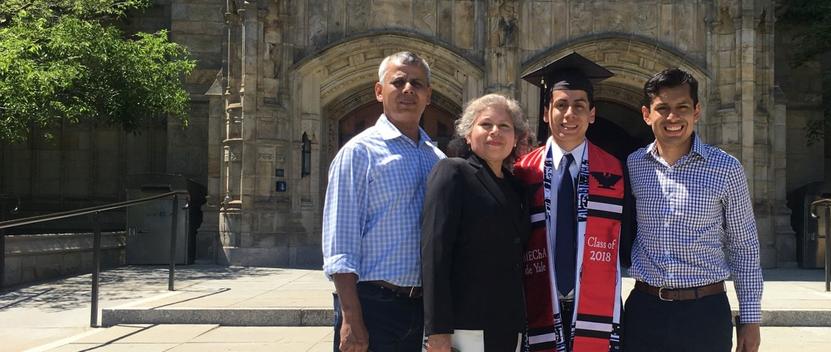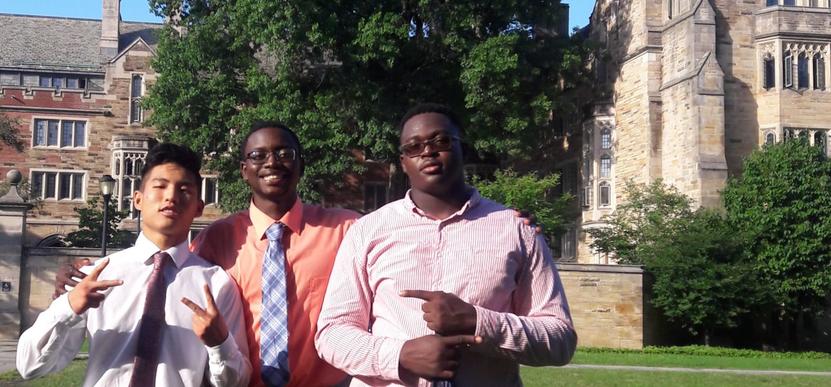
Why look at FGLI students in particular?
An answer to this question must begin with an honest look into the history of this university’s student population demographics. From its birth as the Collegiate School to when it committed to provide need-based financial aid in the 1960s, the school remained inaccessible to students who did not have the financial means of attending Yale (in addition to students it outright excluded, like women). This, in conjunction with the United States’ history of civil rights limitations, has influenced and shaped a culture among the majority of undergraduates that has prioritized what students from similarly privileged backgrounds brought to Yale, specifically the mannerisms, beliefs, and perspectives from college-educated families of considerable wealth.
When students in general reference culture shock, they typically refer to the colder weather, the hurried pace of New England, and the unfamiliarity with specific places and names on campus. The cultural shift that FGLI students address, however, is more so one that places the students in a position of internal conflict, rooted in a perceived contrast between 1) their development within the context of poverty and 2) the elite culture of the university with which they will forever be affiliated, limited by its low exposure to these new diverse cultures for most of its history. This low-income/elite contrast, manifested through social and cultural differences (appearance, language, familiarity with specific experiences, day-to-day), often leads to internal dissonance that, without intervention, can lead into deeper feelings of loneliness, disorientation, resentment, and a lack of belonging.

In line with Yale’s commitment to diversity, the university has seen a significant increase in socioeconomic diversity. 19% of the Class of 2022 is Pell-Grant eligible, and 18% is first-generation. There is also an increasing number of students from immigrant backgrounds—or who might be immigrants themselves—resulting in the most diverse student body along all axes of identity and background year after year.
We applaud these initiatives and the amount of work that people here at Yale have undertaken to shape the student body to where it is today, from the Admissions Team that has allowed these demographic changes to exist, to the people who have worked closely with these students before this Initiative was created. But while this diversity provides rich potential for intercultural learning, it can also expose unexpected challenges for students who find themselves feeling alone or alienated by Yale’s long-established culture.
The Community Initiative believes that we, the community members of Yale, have a serious responsibility in appropriately reacting to these feelings that come specifically from FGLI students. While it is true that certain challenges are experienced more universally by the general student population, this fact should not overshadow that certain experiences and tensions are rooted in socioeconomic background. Such attitudes not only fail to address accurately the challenges students experience, but it can also lead students to distance themselves from people genuinely invested in their success here and afterwards.
